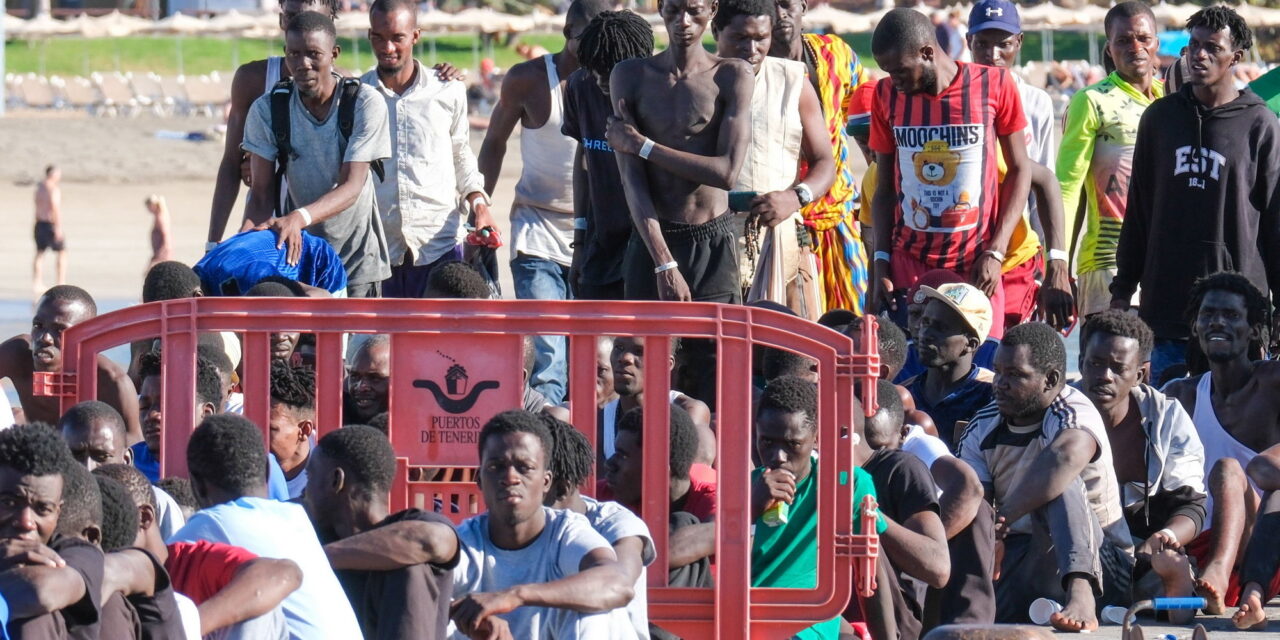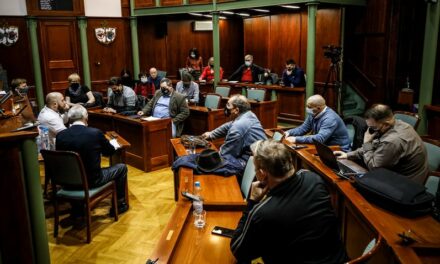The arrival of migrants to rural areas did not effectively address the problem of depopulation, but in the process led to the fragmentation of communities.
The migration pact adopted in the EU last week once again highlighted the shortcomings of the European Union's migration strategy.
The rural development branch of Századvég Konjunktúrakutató Zrt. examined the effects of the ill-considered settlement of migrants in rural areas using the example of Southern Europe.
The traditional charm of rural life in the idyllic landscapes of Southern Europe is increasingly overshadowed by the problems caused by the influx of migrants. Although the original goal of encouraging migration to rural areas was to strengthen declining economies and aging communities, this strategy appears to be creating new problems rather than solving existing ones.
Due to the geographical location of Greece, Italy and Spain, it is considered the southern gateway to Europe. These countries are the XX. significant waves of migration have been experienced since the end of the century.
These regions depended heavily on agriculture, which at the time suffered from labor shortages as the local population aged or moved to urban centers for better living opportunities. Migrants filled this gap and by the first decade of the 2000s had become essential to the survival of local economies. However, the socio-economic integration of the immigrant communities was not successful.
In Greece, for example, migrant workers made up a significant part of the agricultural workforce, more than fifty percent by 2020. However, their presence can also be associated with higher unemployment and crime rates.
The largest ethnic group was the Albanians, but many people from Syria, Palestine, Sierra Leone, Nigeria and Somalia also settled in the villages. Meanwhile, rural Greek youth are reluctant to take on seasonal, precarious and poorly paid agricultural work and prefer to seek a more stable livelihood in the cities. Much of Greek agriculture has thus been distorted into an outdated, unsustainable system, which is currently profitable, but whose future is highly questionable: ironically, even second-generation immigrants are already looking for better opportunities in the cities.
The situation is similar in Italy, where the employment of migrants in rural farms was intended as a temporary measure to deal with demographic problems - in the first decade of the 2000s, about one and a half million settled in southern Italy.
However, this has led to ethnically and culturally fragmented communities with minimal opportunities for integration and low social cohesion. Currently, Italy has the third largest Muslim population in the European Union, their number reaches three million people.
Although migrants contribute economically to village life, their presence exacerbates social tensions rather than easing economic decline.
At that time, Southern Spain was called the California of Europe due to its high level of production and the social tensions that developed. The natives gradually moved from the countryside to the cities, while the proportion of officially employed foreigners increased significantly. The agricultural workers in the region at that time were Eastern Europeans (Romanians, Bulgarians), North Africans (Moroccans, Algerians) and Latin Americans (Ecuadorians, Colombians), who were considered necessary labor and people to be tolerated. In the words of one of the mayors: "Every immigrant is needed in the morning, but in the evening they all become redundant".
In summary: the arrival of migrants in rural areas did not effectively address the problem of depopulation, but in the process led to the fragmentation of communities. Deep-rooted cultural, religious and social differences have created walls that economic advantages cannot break through.
In addition, the prevailing economic model, based on intensive agriculture and manual labor with an immigrant background, entails serious environmental and social risks.
These practices not only threaten the environment, but also undermine traditional rural lifestyles and agricultural practices.
The complete research can be read on the website of Századvég .
Cover image: Illegal immigrants trying to reach Europe from Africa at the port of Los Cristianos in Tenerife, Canary Islands
MTI/EPA/EFE/Alberto Valdes













